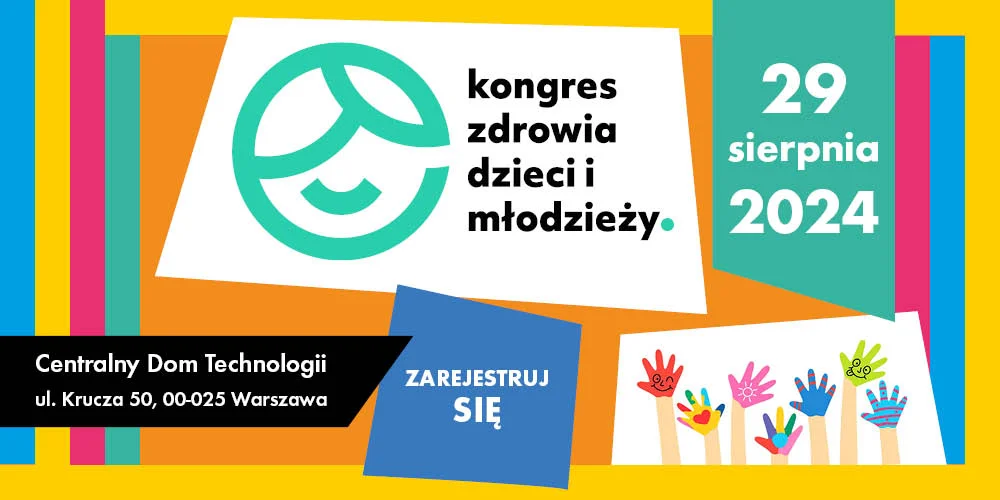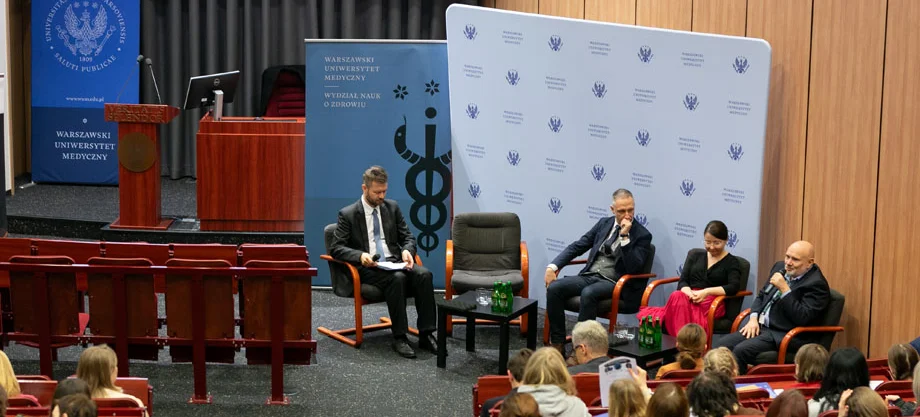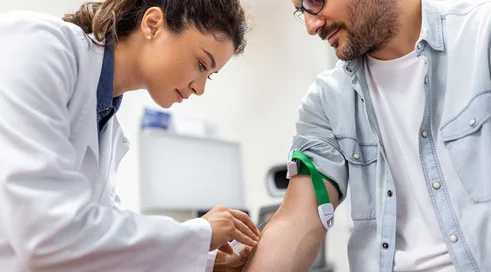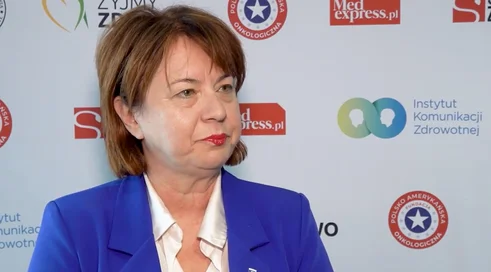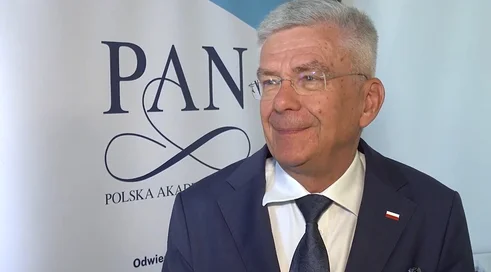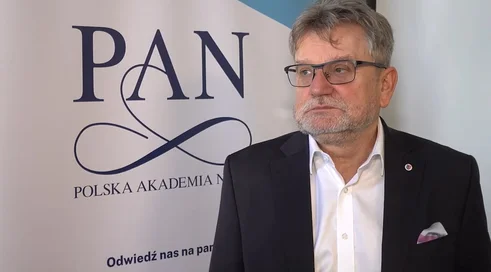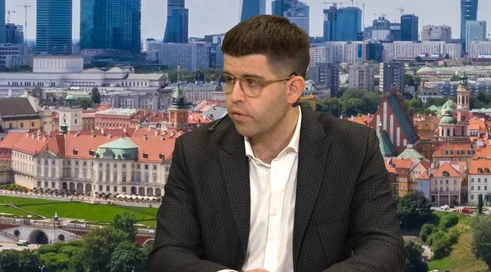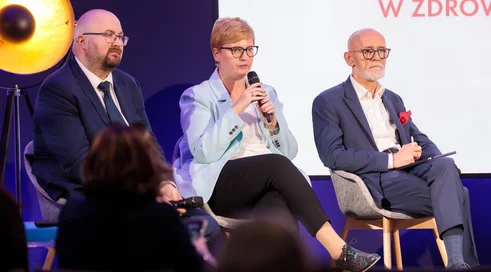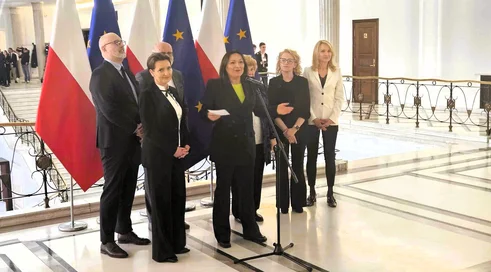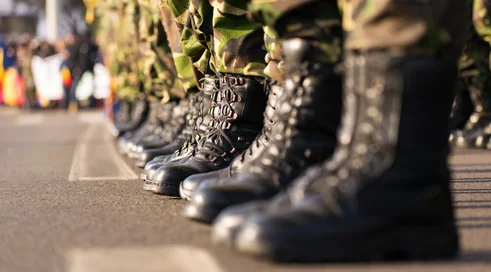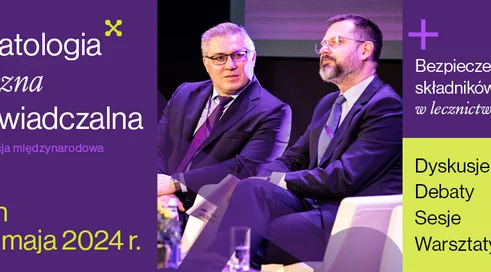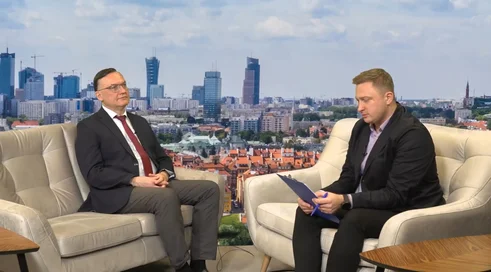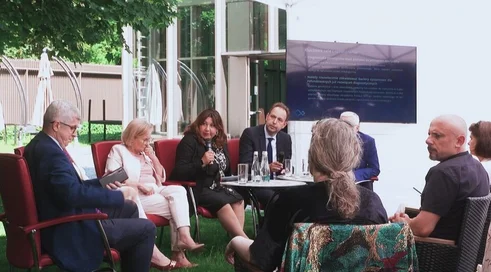What about the mental health of young people?
The needs seem enormous. Psychiatric wards are very overloaded. The psychiatric ward headed by Prof. Tomasz Wolańczyk at the USK WUM has more than 40 patients admitted for 20 beds.
"The topic of mental health used to be in fifth place from the point of view of the problems reported by children who contacted the 116 111 Helpline. Now this topic appears most often in children's statements." - stressed Renata Szredzińska, president of the foundation Dajemy Dzieciom Siłę.
Prof. Tomasz Wolańczyk acknowledged that "the Give Children Strength Foundation is one of the few organizations that tries to change the causes, not alleviate the symptoms. That's the most important thing we need to address now, which is prevention, because that's the only way to reduce the overload of psychiatric hospitals."
It is not psychiatric care that is responsible for the difficulties young people face. Living in a world focused on competition rather than cooperation is not easy. Family relationships put to the test during the COVID-19 pandemic and the difficult economic situation, high school demands and a peer environment that accompanies children 24/7 through the presence of social media can severely experience the mental toughness of children and adolescents. Lukasz Boguslawski, an influencer and participant in the Top Model program, pointed out the challenges of a constant social media presence and stressed that social media often provides us with an idealized, unrealistic image, thus distorting our perception of reality.
Where can young people seek help?
Damian Marciniak, director of the Department of Mental Health at the Office of the Patient Ombudsman, pointed out that "young people often don't know what kind of help they could use, so they usually seek support from their peer group. So we need to prepare them to support each other."
Young people don't know where they can seek help because no one teaches them. Experts unanimously agreed that the subject of health knowledge introduced in elementary schools would be an ideal platform to teach children how the system works and how to navigate through it.
"We have psychologists, psychia... To gain access to the complete English section of the Medexpress.pl, kindly reach out to us at [email protected].Content locked




